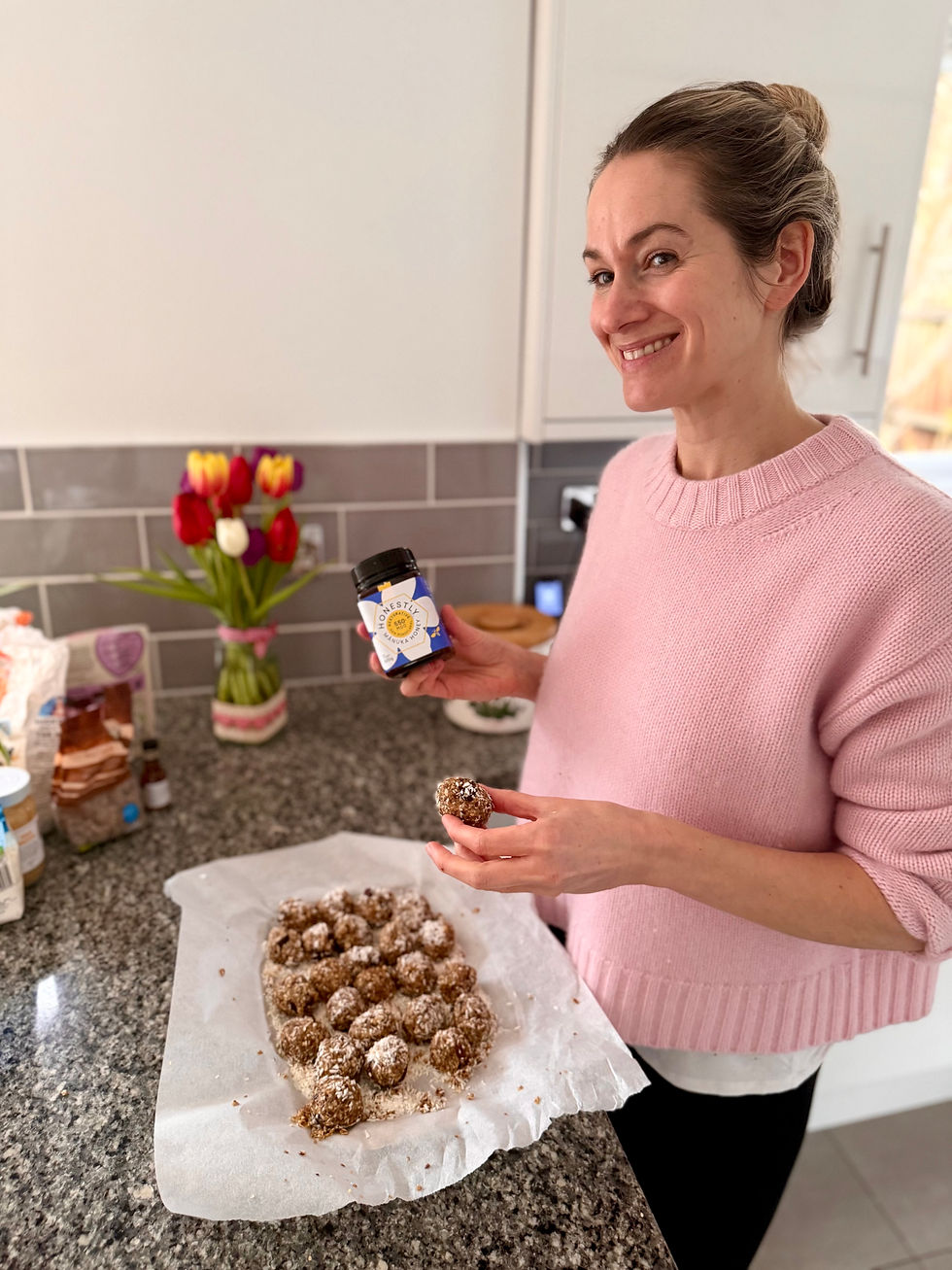'Anorexia strips you of your happiness, health and many relationships'
- Laura Phelan
- Feb 19, 2019
- 4 min read

I developed anorexia at the age of 13, so I have been in recovery for over 12 years now. Prior to this I was quite shy, didn't have a lot of self-confidence and when embarking on what I thought was a "healthy eating regime", I didn't realise the drastic consequence it would have on my mental health. I soon became obsessed by calorie counting, over exercising and controlling what I ate. It felt safe, like a coping mechanism I didn't know I needed as a teenage girl trying to understand her place in society, and something I think of now as a "worst best friend".
Anorexia is quite literally like being possessed by something greater than you, instilling fear and a sense of co-dependency on dangerous behaviours such as restricting your food intake, over exercising and developing an obsession with being smaller. It strips you of your happiness, health and many relationships.
My turning point was hitting rock bottom on my 14th birthday, my BMI had become critical, but more importantly my mental health was completely shot, and I was being threatened to be hospitalised and sectioned if I did not adhere to the help I was being given by therapists and dietitians. Luckily, with time, patience and an everyday fight, I decided I wanted to at least try. The realisation that it might kill me and that dying wasn't as scary as trying to eat more, was enough to make me realise something really was wrong.
So, through years of therapy support, family support and a conscious daily battle to fight the thoughts and behaviours that had gotten me so ill, I started to get through. I still longed to be smaller, I still longed to control my food and had severe body image and self- confidence issues for years after, but I knew I had to keep going. I look back today and realise that life experiences and my greatest challenges (the hard ones, but also the good ones like travelling and setting up a business to help others suffering) are the things which enabled me to heal wholly. I am always grateful for where I am today and try my upmost to live life to the full, enjoy food and every day without worrying about what I am eating or what I look like.
A life after recovery is a life of freedom and opportunity and these days, I look to show up in life in a much bigger way. Leading on from this, in 2015 I discovered Beat, the UK’s leading eating disorder charity and began as an Ambassador and Mentor for them, sharing my story and supporting others in their recovery. This experience enabled me to discover my “voice” and passion to be a beacon of hope for health and happiness, so I began my training as an Eating Disorder Specialist at the National Centre for Eating Disorders, whilst working as a pastoral mentor in a sixth form. Alas Phelan Well was born and my mission to help others develop a more positive relationship with food, their bodies and themselves.
This remarkable and inspired training is continually updated in line with the latest thinking from a range of psychologies and healing approaches and is approved by The British Psychological Society. Now, with a host of other qualifications under my belt including body image work, CBT and Therapeutic Coaching, I work in Harley St as an Eating Disorder Specialist, where I see people on a one to one basis as well as via skype and help people from all parts of the world as far as South America!
One of my biggest goals is to change the stigma attached to eating disorders in that you have to be in a thin, emaciated young female body to be struggling. Eating disorders do not discriminate, they can impact anyone, at any age, at any time and people can be struggling from binge eating disorder, orthorexia and other forms of disordered eating and still need and deserve support.
Some of the common signs and symptoms include:
Preoccupation around weight, shape and appearance
New obsession with food
Withdrawal
Irritability
Secrecy
Avoiding socialising around food
Changing food habits
Loss of normal interests
Deliberate methods to purge food from the body
Eating in secret
Changes in mood
Strict habits and routines around food
Loss of period
Feeling cold, dizzy, tired
Uncomfortable eating with others
In some cases, weight loss/changes in weight/weight gain
Extreme mood swings
Difficulty concentrating
Sleep problems
New found preoccupation with body and other people’s bodies
Erratic behaviour
Hair loss
The signs and symptoms do differ for anorexia, bulimia nervosa, binge eating disorder and EDNOS (Eating disorders otherwise specified) but the most common shared symptoms are being preoccupied with food, weight or shape, mood swings, changing eating habits and changes in normal behaviours.
If you suspect someone might be struggling or are worried about yourself please reach out at laura@phelanwell.com, otherwise you can contact and visit your local GP, or call a helpline such as Beat for resources, support and guidance on what to do next.
Author credit: Laura Phelan




Comments